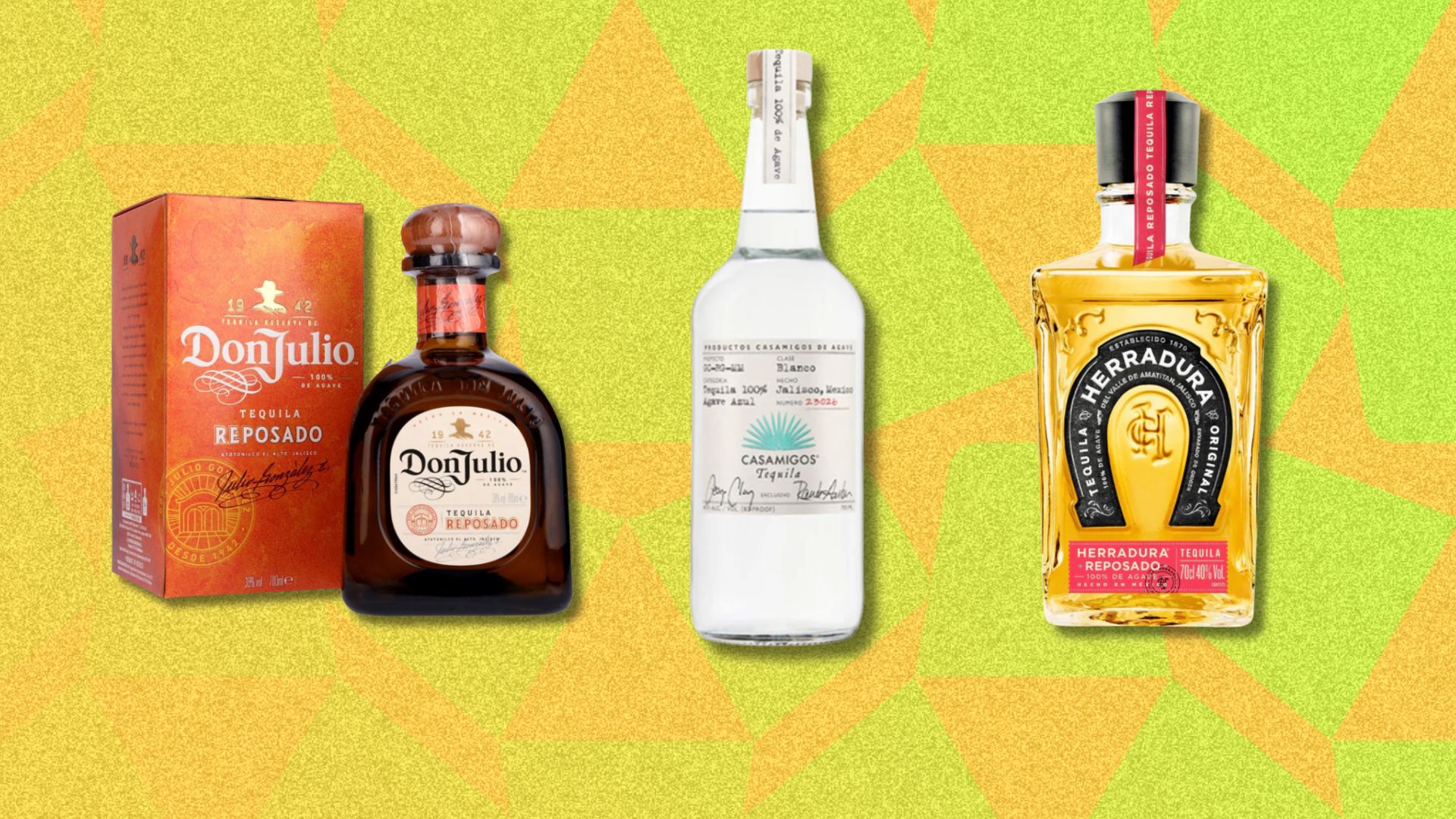
I, personally, like coriander - it is nice on things that go in my mouth. It feels nice on my tongue, nice going down my neck, and nice in my stomach - coriander is nice.
However, there are *some* people who disagree with me on this, because they do not like the taste of lovely old coriander, and they do not put it on things that go in their mouths. As such, their tongues, necks and stomachs never experience the pleasurable sensation of a dalliance with a dash of coriander.
I used to think it was because they were babies with underdeveloped palates, but it turns out that it’s actually due to a biological reason.
Professor Russell Keast, who specialises in sensory food science at Deakin University’s School of Exercise and Nutrition Sciences, says our love/hate relationship with the herb is down to our genetics.
Writing on the University’s website, Keast explains that we have a “whole series of smell receptors that are responsible for air-borne chemicals”.
However, these smell receptors are highly variable between people – and one or two have developed a variant which makes coriander taste awful.
“Depending on your smell receptors, you may experience a soap-like flavour, rather than the herby flavour others experience.”
Get exclusive shortlists, celebrity interviews and the best deals on the products you care about, straight to your inbox.
Keast adds that you may have an adverse reaction when you try new things if your culinary experience is limited to certain foods.

“This is common to different cultures, or flavour principles of a region. For example, many Australians have problems with the intensity of fish sauce, yet South-East Asian populations find it an integral part of their flavouring.”
Keast goes on to say that while “having repeated exposure to [coriander] isn’t necessarily going to teach the likening of that food”, there are ways we can trick ourselves into loving the controversial herb.
“The ability to cook, whether it’s a cooking method or different additions to cooking, may help you overcome an aversion to food.
“Pairing something you don’t like, such as coriander, with other foods you do like may help you overcome the aversion.”
So sort it out, coriander-haters - if I can force myself to like both coffee and olives, then you can force yourself to like coriander. And besides, it’s good for you - it’s known to ease digestive discomfort, lower blood pressure and fight food poisoning. It’s a ‘super-food’, basically, which means if you eat it you can go invisible or something.
God, I don’t know - if I’m honest I’ve only ever eaten it by accident. You don’t normally get coriander on potato smileys and chicken nuggets. That’s more my area of culinary expertise - which reminds me, my turkey dinosaurs are ready. See ya later, herb-nerds!
(Image: iStock)

